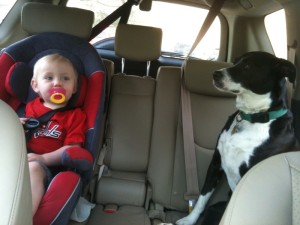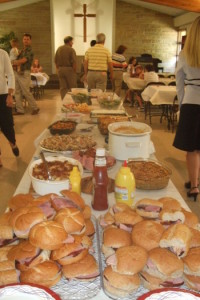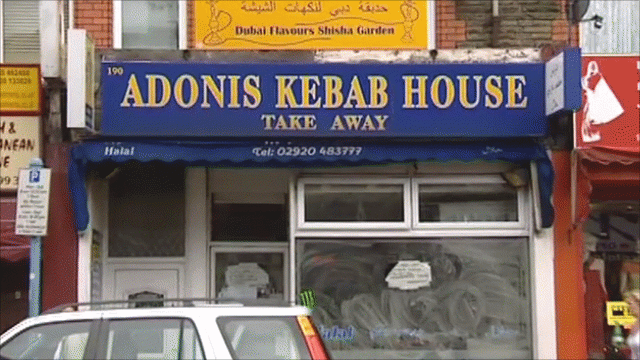Don’t ever underestimate the relationship between people and their pets.
Kids, sure. But pets? Don’t go there.
I had a humbling experience – one of dozens – during a talk I gave about pet food safety years ago in Chicago and was roundly chastised for valuing children more than pets.
The U.S. Food and Drug Administration is getting the same message and moved this week to propose preventive measures to protect all  animal foods from disease-causing bacteria, chemicals and other contaminants.
animal foods from disease-causing bacteria, chemicals and other contaminants.
This includes the food that pet owners give their dogs, cats and other companion animals, and the feed that farmers give their livestock.
Preventive Controls for Food for Animals is the fifth rule that FDA has proposed this year as part of the food-safety framework envisioned by the 2011 FDA Food Safety Modernization Act that focuses on preventing foodborne illnesses.
Daniel McChesney, director of the Office of Surveillance and Compliance at FDA’s Center for Veterinary Medicine (CVM), said, “Unlike safeguards already in place to protect human foods, there are currently no regulations governing the safe production of most animal foods. There is no type of hazard analysis. This rule would change all that.”
McChesney notes that human and animal health are intertwined. People can get sick when pet food is contaminated by disease-causing bacteria like Salmonella. When such food is handled by pet owners and placed on kitchen surfaces, the bacteria can spread to foods consumed by their family.
The move comes amidst an on-going mystery which has led to the death of 580 pets, nearly all dogs, since 2007, connected to chicken, duck and sweet potato jerky treats, nearly all of which were imported from China. According to the N.Y. Times, it is not clear if the new regulations could have prevented the deaths because the F.D.A. is not sure yet what the hazard is.
This proposed rule would create regulations that address the manufacturing, processing, packing and holding of animal food. Good  manufacturing practices would be established for buildings, facilities and personnel, and would include cleaning and maintenance, pest control, and the personal hygiene of people who work there.
manufacturing practices would be established for buildings, facilities and personnel, and would include cleaning and maintenance, pest control, and the personal hygiene of people who work there.
It would also require facilities to have a food safety plan, perform an analysis of potential hazards, and implement controls to minimize those risks. Those controls would have to be monitored and corrected as needed.
The proposed rule has been published in the Federal Register, with a 120-day public-comment period. The rule is filed in FDA’s official docket at www.regulations.gov and can also be accessed at www.fda.gov/fsma.
In one of the most infamous examples of pet food contamination, dogs and cats across the country were sickened and killed in 2007 when melamine, a chemical used to make plastic, was added to pet food ingredients imported from China. McChesney noted that FDA received about 18,000 calls from anxious pet owners at the time.
The requirements proposed in both the animal and import rules are designed to help prevent that from happening again, he says.
 The Boise Co-op’s deli has been linked to 200 cases of Salmonella.
The Boise Co-op’s deli has been linked to 200 cases of Salmonella.



.jpeg) failed to follow steps to reduce the risk to visitors from E.coli O157 in animal dung.
failed to follow steps to reduce the risk to visitors from E.coli O157 in animal dung. further, warned Dr Gwen Lowe, consultant in communicable disease control at Public Health Wales (PHW).
further, warned Dr Gwen Lowe, consultant in communicable disease control at Public Health Wales (PHW)..jpg) But their latest story, which did not include me or any other food safety expert I know, claims to present, The top 7 foods avoided by food safety experts.
But their latest story, which did not include me or any other food safety expert I know, claims to present, The top 7 foods avoided by food safety experts..jpg) 5. Farmed Salmon???
5. Farmed Salmon???